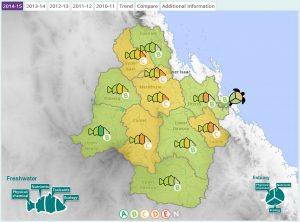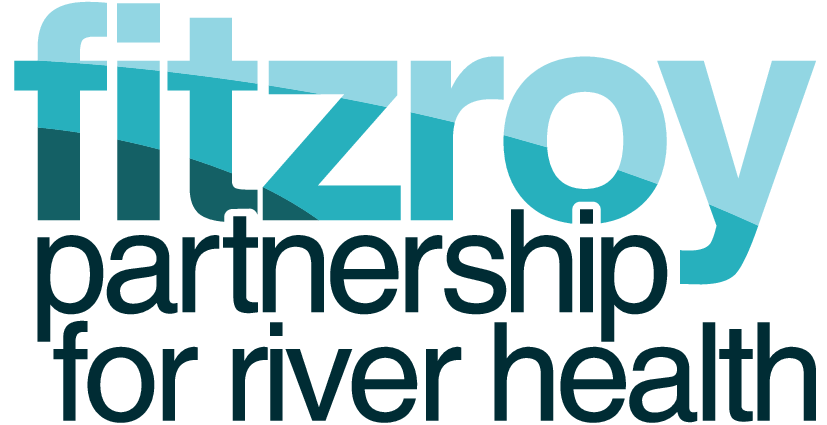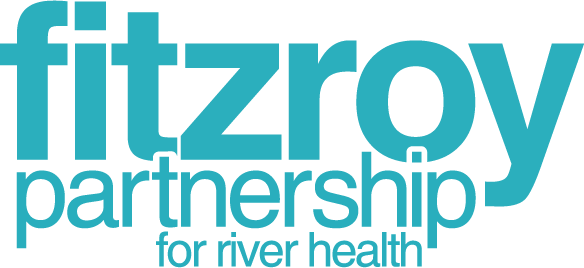About The National Waterway Report Card Network
The National Waterway Report Card Network (referred to as the ‘Network’) is an informal group of waterway health practioners and specialists involved in producing report cards on waterway, estuary, harbour, reef and marine health across Australia.
The Network includes:
- scientists
- managers and other staff from government agencies,
- local government
- not-for profit partnerships
- Universities
- collaborative organisations who are involved in report card production and development.
How did the Network begin?
The National Waterway Report Card Network was initiated by Queensland-based report card producers following informal meetings of representatives from various report card initiatives. It was felt there was a need to expand the Network so that practitioners had an opportunity to learn from the different approaches across states and territories, and to support each other by sharing experiences, ideas and knowledge.
What does the Network do?
The Network meets regularly via quarterly teleconferences and holds an annual workshop to discuss topics and issues of relevance to waterway report card production. All activities provide an opportunity for peer support and learning from other waterway report card practitioners. All participants get the opportunity to contribute towards agenda items for teleconferences and workshops so that discussion topics are relevant to the needs and interests of all involved.
Teleconferences are held each quarter and are usually 2 hours duration each. They provide the opportunity for practitioners from across Australia to converge in a relatively inexpensive format to discuss topics that participants have proposed. Teleconference dates are set based upon times and days that the majority of participants can attend. Examples of previous discussion topics include: governance arrangements and operations, scientific methodologies, stewardship, engagement, promotion and marketing.
Annual workshops are held to provide an opportunity for staff, specialists and members from report card initiatives across Australia to meet in-person and share knowledge, ideas and challenges. Generally the workshop is 2-3 days in duration and are organised, delivered and financially supported by organisations involved in the Network so that resources and costs are kept to a minimum. Network participants suggest and deliver various presentation topics. Organisers arrange presenters within the Network and external professionals of their field.
The most recent workshop agenda can be viewed on the Workshop page.
How to join the Network
The Network is free to join and all practioners involved in producing waterway, estuary, harbour and marine report cards are encouraged to enquire and join. It is an initiative that runs on the good will of its participants to work together and share the load to provide secretariat support to organise meetings, events and produce relevant documentation.
What is a waterway report card?
It is a report that uses a scientific scoring and grading system to determine an annual ‘grade’; ‘score’; or ‘condition’ result from ‘A – F’; ‘100 – 0’ or; ‘very good to poor’ for each waterway reporting area of interest in a catchment, region or management area. Usually the report uses visual representation or maps of the grading and scoring results along with some interpretation of the results.
Report card presentation and methodology can vary greatly between regions or catchments and states; some use interactive online reports with clickable maps and graphs, while others are online downloadable reports and some provide hard copy print reports.
To obtain the final grades for the report, generally results from scientific field measurements and laboratory tests of various aquatic ecological health indicators are collated for the report card year (or period of interest) and a weighting system is utilised to determine an overall score for each category of waterway health. Examples of some of typical indicators include; physical and chemical water properties, nutrients, toxicants and ecology. Multiple scientific indicators (or sub-indicators) can contribute to each Category of health. For example, measurements such as pH, turbidity, salinity and sulfate would contribute to the overall grade or score for the physical and chemical properties of the water. Some report card producers are also measuring indicators and producing grades for cultural, social and economic values of the region.


